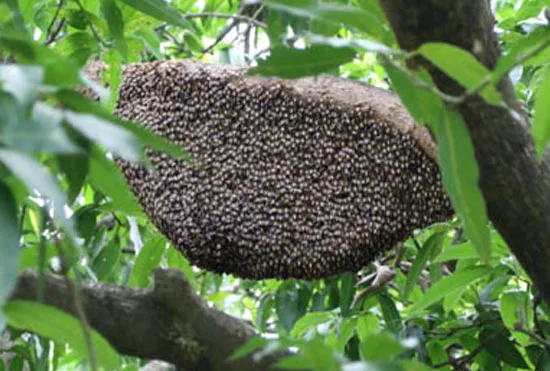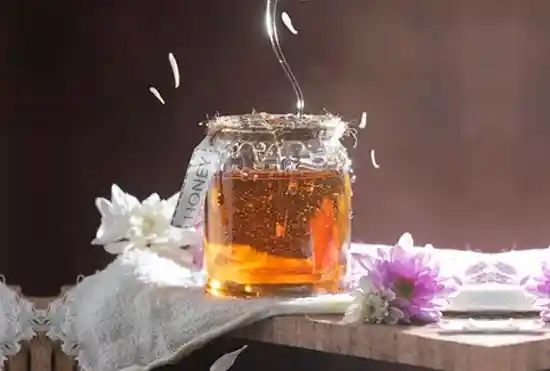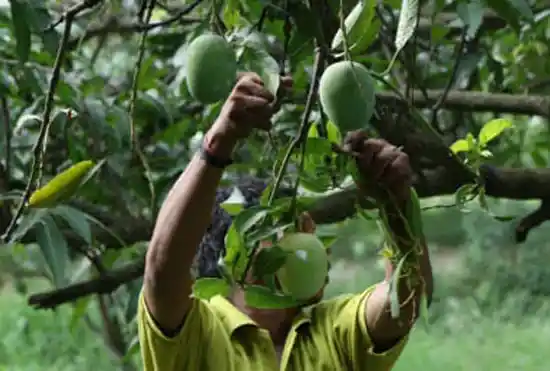No products in the cart.
Everyone’s grown to be more conscious about their choices and concerned about the decline of the population of bees. Disregarding the consequences of draining the planet’s resources and continuous contamination has just contributed to climate change. People are trying to do their part by making more informed decisions. That means supporting small businesses that care about the process to give you the best product.
Honey is one of the oldest natural sweeteners, but a lot has changed in its production process. Habitat, weather conditions, floral diversity are factors that influence honey production. A variety of options are available to choose from in today’s market. Labels use different words to describe their product, but their meanings are rarely literal.
What Does ‘Organic’ Mean?
Naturally produced and without the conventional use of chemicals is what organic essentially means. In terms of honey, it implies that the beekeeper cannot use antibiotics or pesticides in any part of the honey production process. The hives must be free from chemicals and also not be present near any. Organic honey is minimally processed, strained and not heated beyond pasteurisation. Straining, not filtering, separates beeswax and bee body parts but not the pollen that contributes to the nutritional value of honey.
Both organic and raw honey are naturally thick and opaque. Most likely, the syrup you purchase is see-through and has a thin consistency. Heating helps to liquefy the honey, but too much of it can strip it off any nutrients. Vitamins like B6, thiamin, niacin, riboflavin and minerals like calcium, copper, iron, magnesium are present in raw and organic honey.
Is Organic Honey A Myth?
It takes nectar from two million flowers and the work of one extremely diligent bee to make less than half a kilo of honey. Bees can travel up to 6-8 kilometres away from the hive to gather nectar. To make organic honey, beekeepers have to ensure the flowers the bee travels to are free of pesticides.
That’s a lot of ground to cover. Short of owning that massive plot, bee farmers cannot completely regulate the use of chemicals around them. Beekeepers also use certain pesticides to keep away mites and parasites like Varroa mite. Most farmers also use wax as a starter for their comb. However, a recent survey recorded that up to 98% of the beeswax samples had traces of miticides. Organic honey isn’t impossible, but it is doubtful that honey labelled as ‘organic’ would be so.
There are no strict guidelines that define the use of the term ‘organic’. But farmers understand the benefits of producing honey that is closest to its natural state. Ultra filtering and heating beyond pasteurisation can divest the honey of its goodness. So next time you are in the grocery shop, it’s best to go for organic or raw honey rather than its overly processed, commercial counterpart.



